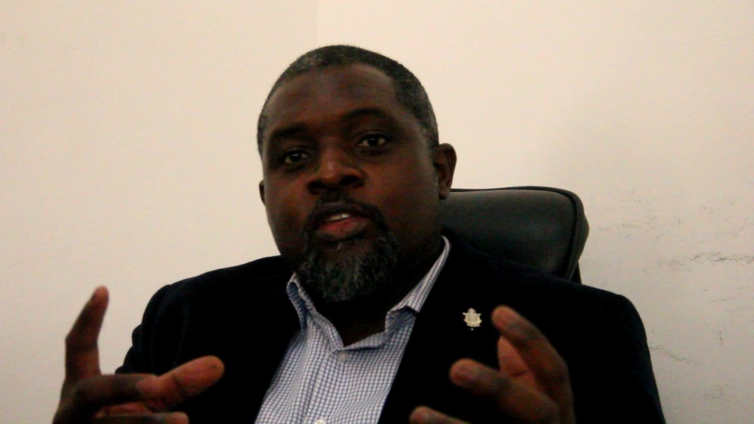A researcher with the Kumasi Centre for Collaborative Research has said the President's decision to lift the lockdown is based on economics rather than the data so far collected from testing and contact tracing.
On Sunday 19 April, 2020, Nana Akufo Addo lifted the ban on the partial lockdown imposed on identified hotspots for coronavirus in the country during a televised address to the nation.
Speaking on the Super Morning Show, Monday, Dr John Amuasi said, “there is an argument that the decision was based on science and data related to the infection and the risk of its spread.”
He said government may have other reasons because “we do not have data or the kind of data that we need to be able to measure anything we can call an infection rate. What we have really is what we refer to as a proportion of cases, which is essentially the number of positive cases out of the numbers that you have tested.”
“It is a big mistake to keep referring to this as an infectivity rate or infection rate or attack rate [because] it is not a rate.”
Dr Amuasi who is also with the Department of Global Public Health at the Kwame Nkrumah University of Science and Technology (KNUST) added that what the health authorities and government is naming as ‘infection rate’ which is also known as ‘positivity rate’ is not right.
“If you look at the GHS website, what they call the positivity rate based on the different surveillance types that they have, you have the ‘routine surveillance’ being 2.27 and the ‘mandatory quarantined’ giving you maybe 5.69, this is not even a positive rate, it is the proportions of positives,” he said.
Therefore, bearing this in mind, Dr Amuasi said, “if you looked at what we had, we could not have possibly taken a decision based on risk of getting infected.”
He explained that infectivity or positivity rate is measured during a certain time component and that time component must be consistent. Meaning that testing must be consistent and the entire population must be represented.
“If you tell me the decision was based on a couple of other variables looking at the total impact of a continued lockdown or continuous restriction of movement on the economy then I'm not even in a position to cannot contest that.”
“What I want to make clear to the people of our nation is that we have to prepare for more cases of coronavirus [because] the decision will lead to an increase of cases.”
Latest Stories
-
We will take decisive measures to halt dollarisation of the economy- BoG Governor assures
6 minutes -
Assistant who accused Kanye West of sexual assault ‘in hiding’, lawyer says
36 minutes -
NPA holds second stakeholder consultation on draft petroleum consumer complaint guidelines
37 minutes -
We were the ones who chased Mahama out in 2016 – Prof. Gyampo
40 minutes -
Ntonso residents storm quarry in fiery protest
42 minutes -
JoyNews Investigates: Banned EU agrochemicals flood Ghanaian cocoa farms amid smuggling, counterfeiting and health risks
49 minutes -
BOST, TOR sign MoU to strengthen Ghana’s downstream sector
2 hours -
Black Sherif lights up Accra with ‘Share a Coke’ with epic concert experience
2 hours -
Today’s Front pages : Thursday , July 24, 2025
2 hours -
Why competition policy and law matters to Ghana’s 24-Hour+ policy
3 hours -
Education Minister inaugurates UENR governing council
3 hours -
Parliament must act now on anti-witchcraft bill – CHRAJ warns of escalating attacks
3 hours -
Government undertaking comprehensive review of Minerals Commission – Lands Minister
3 hours -
Over 700 Ghanaians scammed and trafficked to Cote d’Ivoire, other West African countries – Ablakwa
3 hours -
Finance Minister Ato Forson to deliver 2025 Mid-Year Budget review today
3 hours

